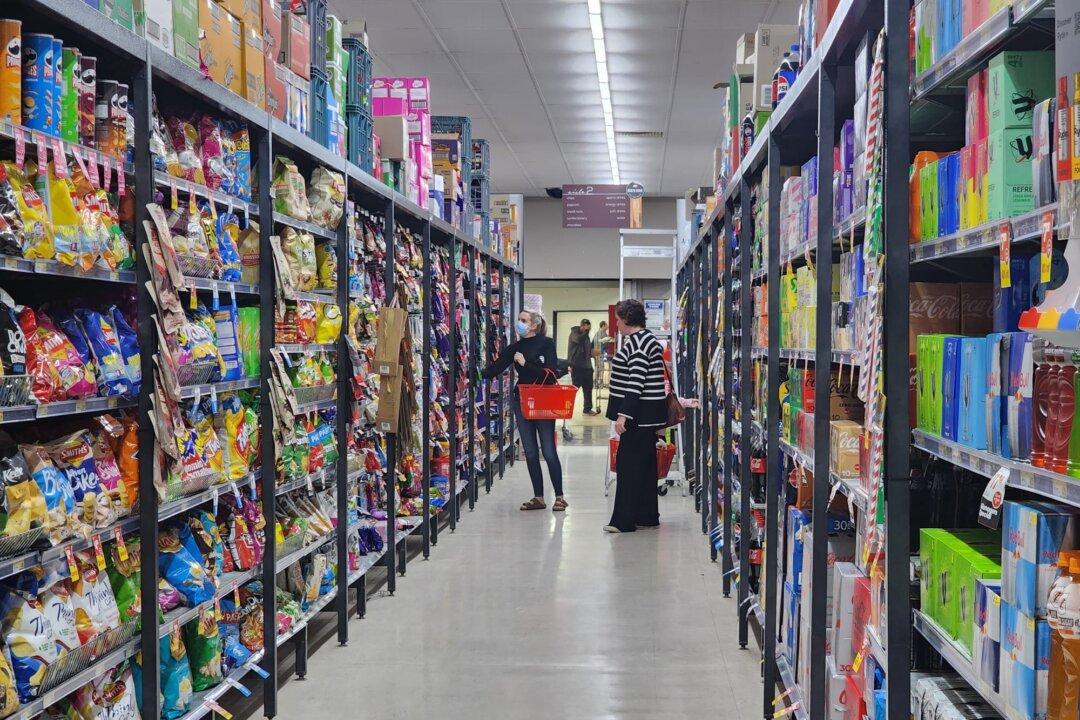Public sector wages rose more than the private sector in the June quarter, Australian Bureau of Statistics (ABS) statistics show.
Overall, Australian wages grew 0.8 percent in the June quarter of 2024 and have risen 4.1 percent in a year.

Public sector wages rose more than the private sector in the June quarter, Australian Bureau of Statistics (ABS) statistics show.
Overall, Australian wages grew 0.8 percent in the June quarter of 2024 and have risen 4.1 percent in a year.